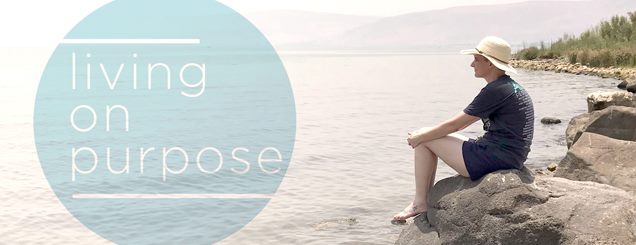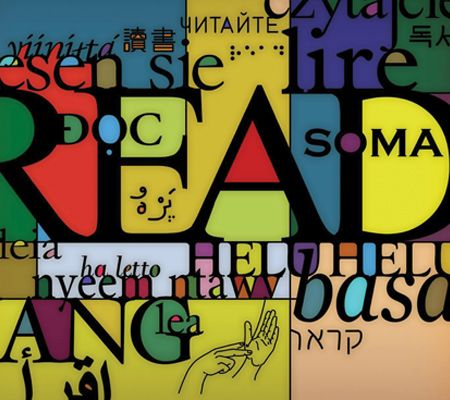 |
Source: xxtayce.deviantart.com
Note: This is not the book's cover |
I finally read
Divergent, by Veronica Roth. I've always intended to, but wanted to wait until the whole series was published. Plus, the movie comes out in March and you better believe I'm going to read the book before I see the movie! At this point, I'm thinking
Divergent's premise is pretty well known...
read here for Amazon's summary if you need a refresher. Or, you can hop on over to
Book-alicious Mama to check out her
Divergent read-a-long discussions!
Chapters 1-12 and
Chapters 13-25. End of the book discussion at Book-alicious Mama will post later this week.
Knowing
Divergent was dystopian lit made it easy for the parallels to the
Hunger Games to snag my attention. Expected because they are both dystopian novels, but still very cool to notice. Both books are post apocalyptic and, as a result, society has divided itself into groups. The
Hunger Games has 12 districts divided by the materials they produce;
Divergent has five factions, divided by virtues. Each society is governed by one of the groups and the books focus on the remaining groups revolting.
In both books, the main character/heroine is a strong, independent girl who doesn't know she is strong nor does she feel independent. Simply wanting to eke out an existence of their own and nothing more, it is only through the eyes of others that Katniss (
Hunger Games) and Tris (
Divergent) realize they are truly strong and brave despite how they feel. Both girls unintentionally become the face of justice/rebellion in their societies, righting the numerous wrongs against humanity.
Oh, and romance. Both heroines have romantic interests throughout their journeys. Like Collins did in the
Hunger Games, I think Roth handles the romantic aspect of
Divergent well. It's not too much nor too little.
One difference did stand out. In the
Hunger Games, the major occurrences of death in the main characters were mostly in the revolution of the last book of the trilogy,
Mockingjay. I can't speak for the other two books of the
Divergent series yet, but
Divergent itself (the first book) has a number of important characters die. The likeness between the last
Hunger Games and first
Divergent's death of characters is that both contain a revolution. The
Hunger Games trilogy ended with a revolution from the good guys, while
Divergent's trilogy begins with a revolution from the bad guys. I am very interested to see where this revolution from the start could possibly go!
Since I loved the
Hunger Games, it is safe to say I love
Divergent. I would even venture to say I like Divergent more so far. The characters and setting seem a little deeper to me. And Roth has quite a few quotable lines as well.
Have you read Divergent? Are you going to see the movie?

